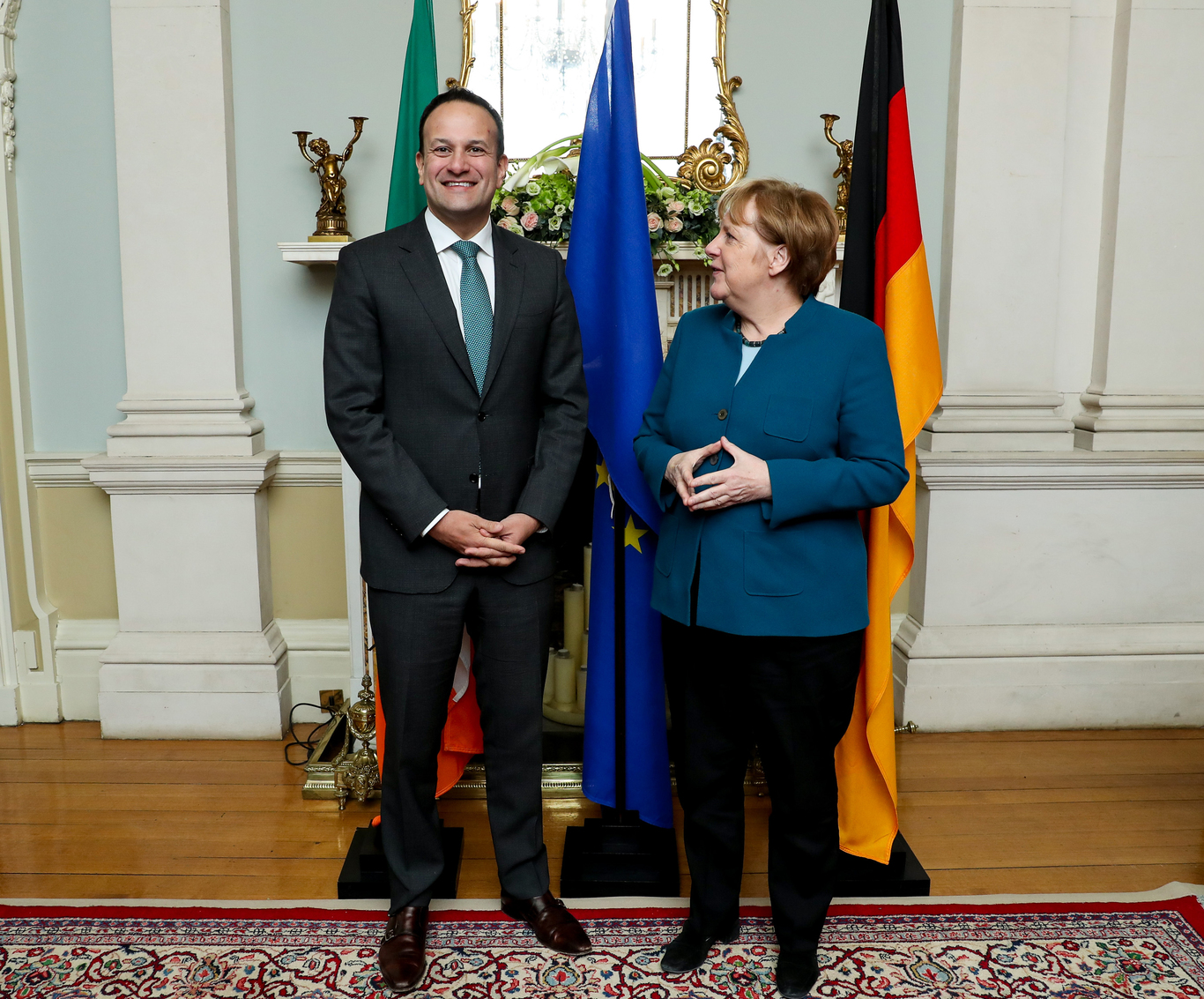It's not just the Brits - German tourists are getting spooked by Brexit too
The number of holidaymakers from Germany to Ireland is tipped to soften this year.
AFTER A SPELL of double-digit growth, German holidaymakers are delaying trips to Ireland because of Brexit uncertainty, according to tourism bigwigs.
The Irish Tourism Industry Confederation (Itic) said that German consumers have been spooked by the question mark hanging over Ireland’s future relationship with the UK after Brexit, which is due to happen on 31 October – seven months after the original exit date.
“Research has shown that every time Brexit is discussed in the German media, it is being discussed in the context of the Good Friday Agreement and whether there will be a border on the island of Ireland,” Eoghan O’Mara Walsh, the Itic chief executive, told Fora.
“That has seeped into German consciousness and is one of the bits of feedback that we’re picking up,” he added.
Itic’s comments were reflected a recent ‘situation and outlook analysis report’ by Tourism Ireland, the State-backed organisation responsible for marketing the island of Ireland as a holiday and business tourism destination.
The March/April edition of the agency’s report found that prospective German travellers said in feedback at travel fairs that “the UK’s withdrawal from the EU is a key concern and could be causing some holidaymakers to delay booking”.
“In Germany, outbound summer holiday bookings are down slightly, with consumer sources quoting Brexit and other global uncertainties, including the China-USA trade dispute, as having a negative impact on intention to travel,” the Tourism Ireland report stated.
A spokesperson for Tourism Ireland told Fora: “While latest CSO figures indicate growth of 2.2% in German arrivals for the first quarter of 2019, we are conscious of uncertainty among German travellers because of Brexit, with many of them adopting a ‘wait-and-see’ attitude. There has also been a decline of around 6% in (air and sea) access from Germany.”
Although today’s announcement that the Common Travel Area will be maintained to protect the rights of British and Irish citizens provides a welcome break in the usually gloomy Brexit narrative, O’Mara Walsh said there is “still an element of doubt” over how the event will impact European travellers to the two islands.
‘Important’
According to the CSO’s 2018 overseas travel figures, some 817,800 trips by German holidaymakers were recorded in Ireland last year – a 20% increase on 2017′s tally. That figure is expected to soften this year.
Since the UK voted to the leave the European Union in 2016, the travel trade has voiced concerns over the impact Brexit may have on the number of Britons coming here on holiday.
The market – which for years has been the main source of international holidaymakers in Ireland – has fluctuated in the near-three years since the referendum. In March alone, the number of trips taken by Britons to Ireland decreased 3.1% year-on-year to 284,300.
For that reason, the trade has looked to attract more holidaymakers from continental Europe, North America and so-called emerging markets like China.
O’Mara Walsh said Germany is an important market for travel businesses, particularly those located in areas outside the usual tourist hotspots.
“Germany in particular is attractive because it’s the biggest outbound travel market by some distance,” he said.
“It’s the highest spending market compared to the rest of the European markets with every German visitor spending just under €600 each when they’re in Ireland and they tend to travel around the regions.
“It’s a very important market and certainly one we need to keep a very close eye on.”
Note: This article was updated to include a comment from Tourism Ireland.







